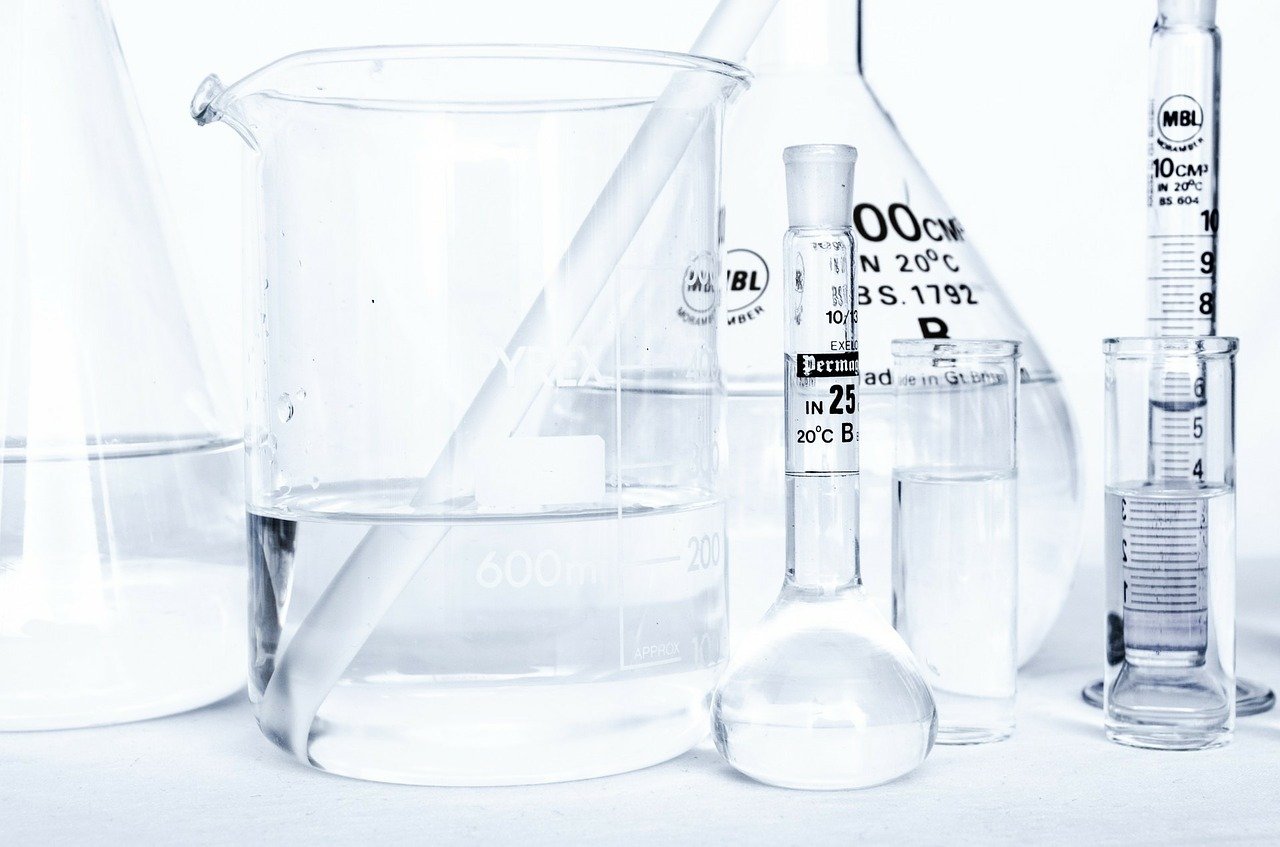
Alcohol Denat in Skincare: Is It Good or Bad?
We all know by now that alcohol is bad for our health.
But, what about our skin, and why the heck is this so-called aclohol denat on so many ingredient lists?
It's a very common and fiercely debated, yet covert skincare ingredient that seems to sneak into everyday products.
Let's dive into this secretive ingredient and find out why it's so common, and how it affects the skin.
What is alcohol denat?
Alcohol denat is the shortened version of alcohol denatured.
Basically, it's straight up ethanol (regular drinking alcohol) with the inclusion of poisonous and bad-tasting additives to discourage people from drinking it recreationally.
The purpose of doing this is so it can be used as an ingredient in skincare products, as well as fuel for things like alcohol burners.
Why alcohol denat is used in skincare products

Alcohol denat is typically used in skin care products for a few different reasons.
If you're reading this article, odds are you've seen or purchased a product that contains it. It's an incredibly popular ingredient, and for good reason.
But, why might you care about the reasons why it's used? This is important, as it will help to explain whether alcohol in skincare is good or bad.
Here are the 5 main reason why it's used:
1. Volatility
You know that feeling of a lotion or cream when it just effortlessly sinks into the skin, leaving a velvety soft feel?
This is usually due to the presence of either alcohol, silicones, or both.
Alcohol denat has a low-molecular weight, meaning it evaporates off of the skin quickly after application.
This allows for products that contain it to absorb much faster into the skin, leaving behind a lightweight feel.
Essentially, this makes it a cheap filler ingredient.
2. Solvent
It acts as a solvent, which means it helps to dissolve certain ingredients that are otherwise difficult to dissolve in other solutions like water (also known as the universal solvent) or oil.
This is why we often see herbs in tincture form, for example, because alcohol acts as a great solvent.
3. Penetration Enhancer
Alcohol denat acts as a penetration enhancer on the skin.
This means it disrupts the skin's protective barrier, allowing other active ingredients to penetrate deeper into the skin.
4. Preservative
It can act as a preservative to ward off unwanted microbial growth in skin care, keeping products fresh and giving them a long shelf life.
Alcohol denat is sometimes found in natural skin products, as it's seen as a better and safer alternative to other synthetic options.
It's typically formulated in concentrations of at least 15-20% as a preservative, which is a high concentration to be applying onto the skin.
5. Astringent
Astringents are usually made with alcohol, which reduces excess oiliness and provides a tightening and drying effect to the skin.
One super popular example of a product made with alcohol for its astringent qualities are toners.
If you've ever used a toner before that contains alcohol (haven't we all?), then you totally know that dry feeling i'm talking about.
How alcohol denat affects the skin
If I could give one word to describe alcohol denat, it would be controversial.
Its use in skincare is a hotly debated topic, and for good reason.
The one potentially good characteristic trait of alcohol denat is its volatility. We know it's evaporates quickly off of the skin, so it's less likely to cause issues.
However, this isn't to say there are absolutely no negative effects.
1. It promotes dry skin
If there's one thing skin care should do for us, it's to keep our skin moisturized.
Alcohol denat increases dryness in the skin, and it can do so in a couple of different ways.
Since it evaporates quickly off of the skin, it pulls water away with it and increases TEWL — trans-epidermal water loss.
The second way it dries out the skin is through its action on the skin's protective barrier. Also known as the moisture barrier, it's critical for maintaining moisture.
Alcohol denat is a penetration enhancer, meaning it enables active ingredients to penetrate deeper into the skin. It does so by altering the lipid composition of the skin, damaging its protective barrier.
Over time, the skin will be less effective at retaining moisture especially if alcohol denat is continuously applied in high concentrations.
While it may seem these effects might benefit oily skin — excess dryness might make the skin respond by increasing its oil production in order to help keep itself moisturized, which can even lead to additional breakouts.
2. It can cause irritation
The ability of alcohol denat to enhance the penetration of ingredients in a product also increases the risk of skin irritation and contact dermatitis with continued use.
Examples of ingredients that may cause irritation in the skin alongside alcohol denat include fragrance and preservatives like phenoxyethanol.
So, it's not just alcohol that can cause our skin harm, but other ingredients used alongside it as well.
Skin irritation caused by continual application of alcohol is especially common in people who have an ALDH2 (aldehyde dehydrogenase 2) deficiency — a key enzyme involved in ethanol metabolism which is present in the body and skin.
ALDH2 deficiency affects 8% of the world's population.
3. It may not be entirely bad
Okay, is it all bad?
Let's be real, alcohol does serve important uses in skin care products.
Most importantly, it acts as a great solvent and creates a luxurious skin feel in formulations.
This is why we tend to see alcohol denat in a lot sunscreens, as it's super useful in reducing their heaviness — and we all know sunscreens are notorious for being greasy and awful.
Here are a couple of properties that might make it a little bit better:
- Solvent
Certain beneficial active ingredients require extra help in order to be properly dissolved and formulated into a product.
This is where alcohol comes in. It can be used to dissolve some of these active ingredients, so they can then be formulated into products.
- Absorption of beneficial ingredients
While alcohol itself is clearly benefit-less, it's able to inherently provide benefit by helping active ingredients like vitamin C and retinol absorb deeper into the skin.
This is obviously highly dependent on the active ingredients being used in a product alongside it, as the actives do all the skincare work.
However, it does so by breaking down the lipids that make up our skin's barrier, which are vital for the health of our skin.
So this is really a double-edged sword scenario. What's the point of having actives delivered into your skin, if it's being damaged in the process?
Check its location on a product ingredients list
When looking at a product label, ingredients are listed in descending order of their concentrations.
So, the first ingredient listed is in the highest concentration of the product, while the last ingredient is likely to be less than 1% of the overall formula.
If alcohol denat is high up on a product label, in the first 3-5 ingredients especially, then this is a red flag. This shows that it's likely to be in a relatively high concentration, with a higher potential to dry or irritate the skin.
If it's high up on an ingredient's list and the product contains little to no antioxidant, anti-inflammatory, or lipid (eg. omega-3s and 6s) ingredients, then this is definitely a product to avoid for many reasons.
Since it's a volatile ingredient and evaporates off of the skin quickly after application, it's best used in a product (if at all) when formulated in a low percentage.
With this said, it's of course easy to just avoid any product that contains alcohol denat to minimize any potential damaging effects caused by skincare products.
What about other alcohols?
There are, in fact, many other kinds of alcohols in skincare. However, while some may be labelled as alcohol, they're not at all similar to the classic alcohol we think of.
There are two main groups of alcohols. First, we have our regular alcohols which have low-molecular weights, and then we have our fatty alcohols which have high-molecular weights.
The alcohols that can potentially be damaging to skin have low-molecular weights, and they include:
- Denaturated alcohol, alcohol denat or SD alcohol: these are just a few common names for alcohol denat that be found on skincare and cosmetic labels.
- Methyl alcohol or methanol: used commonly as a denaturant for alcohol (in alcohol denat) and also as a solvent in skincare.
- Isopropyl alcohol: this one is known as rubbing alcohol, and it's commonly found in an array of skin and cosmetic products. It's mainly used for its antifoaming, astringent, and solvent properties.
- Benzyl alcohol: found naturally in many plants, it's primarily used as a preservative and fragrance ingredient.
Fatty alcohols:
Fatty alcohols don't have the same effect as their low-molecular weight alcohols.
They're wildly popular amongst manufacturers because they act as emulsifiers which hold product formulations together by preventing oil and water from separating.
Due to this, fatty alcohols are extremely common in lotions, creams, and certain makeup products.
Common fatty alcohols include: cetearyl, cetyl, and stearyl alcohol.
These are safer for the skin than low-molecular weight alcohols, and can be used in much higher concentrations. They're emollients, which mean they help the skin to retain moisture.
However, that's not to say they're perfect. Certain fatty alcohols may be irritating to those with sensitive skin.
Fatty alcohols are also derived from palm oil most of the time — an ingredient that has caused extreme environmental destruction and orangutan loss in Southeast Asia.
Products alcohol denat is commonly found in
The properties it can add to products makes alcohol denat an ingredient of choice for manufacturers.
You'll find it in an array of products, such as:
- Moisturizers, especially creams and lotions
- Serums
- Toners: sometimes found in high concentrations for its astringent properties
- Makeup
- Shaving products
- Hair products
The takeaway
While alcohol denat is unlikely to do serious harm to your skin when properly formulated, there are still clear risks for moisture loss and irritation depending on its concentration in a product.
People who have sensitive, dry, or a compromised skin barrier, should keep an eye out for alcohol denat on ingredient lists and discern whether or not these specific products will be beneficial for your skin.


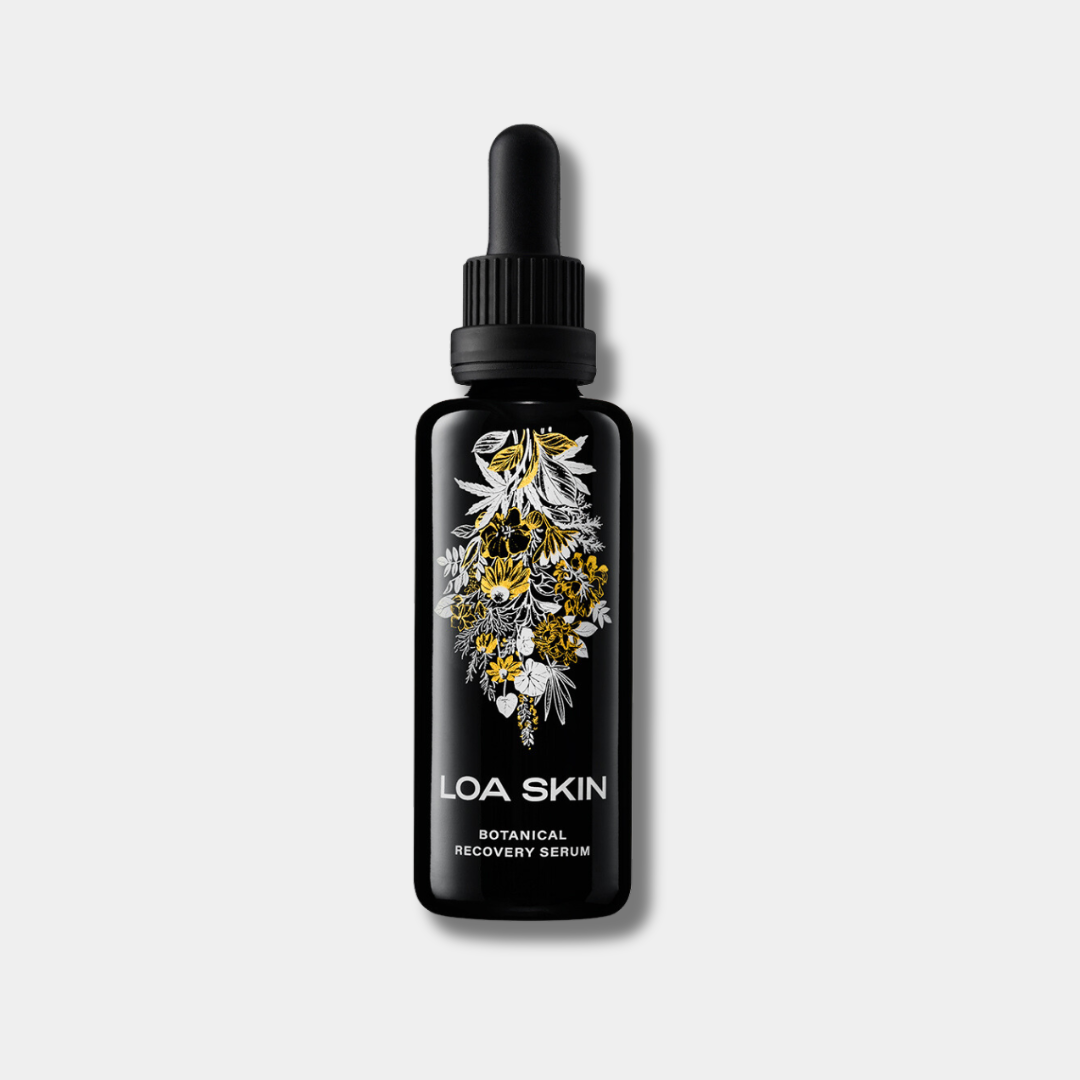
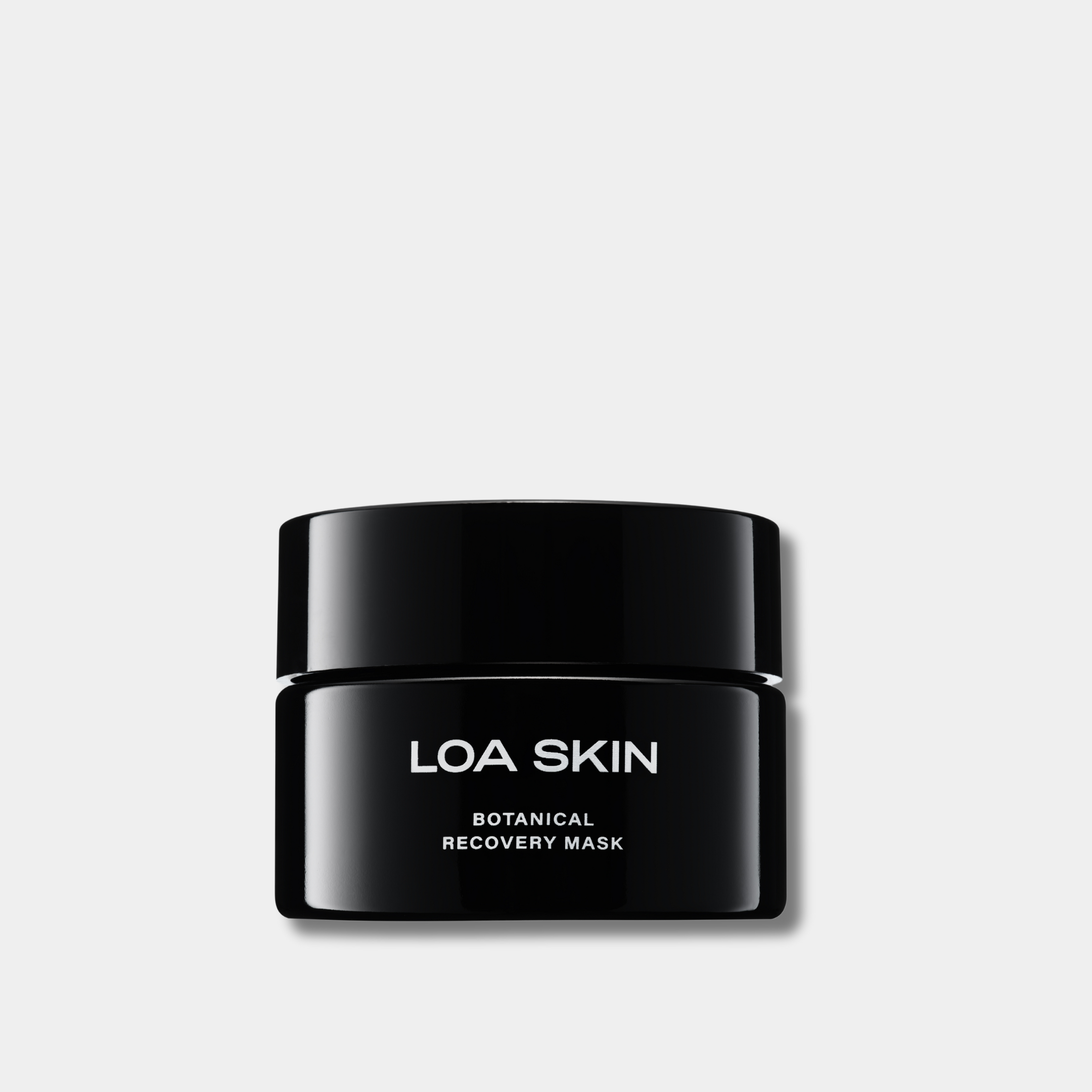
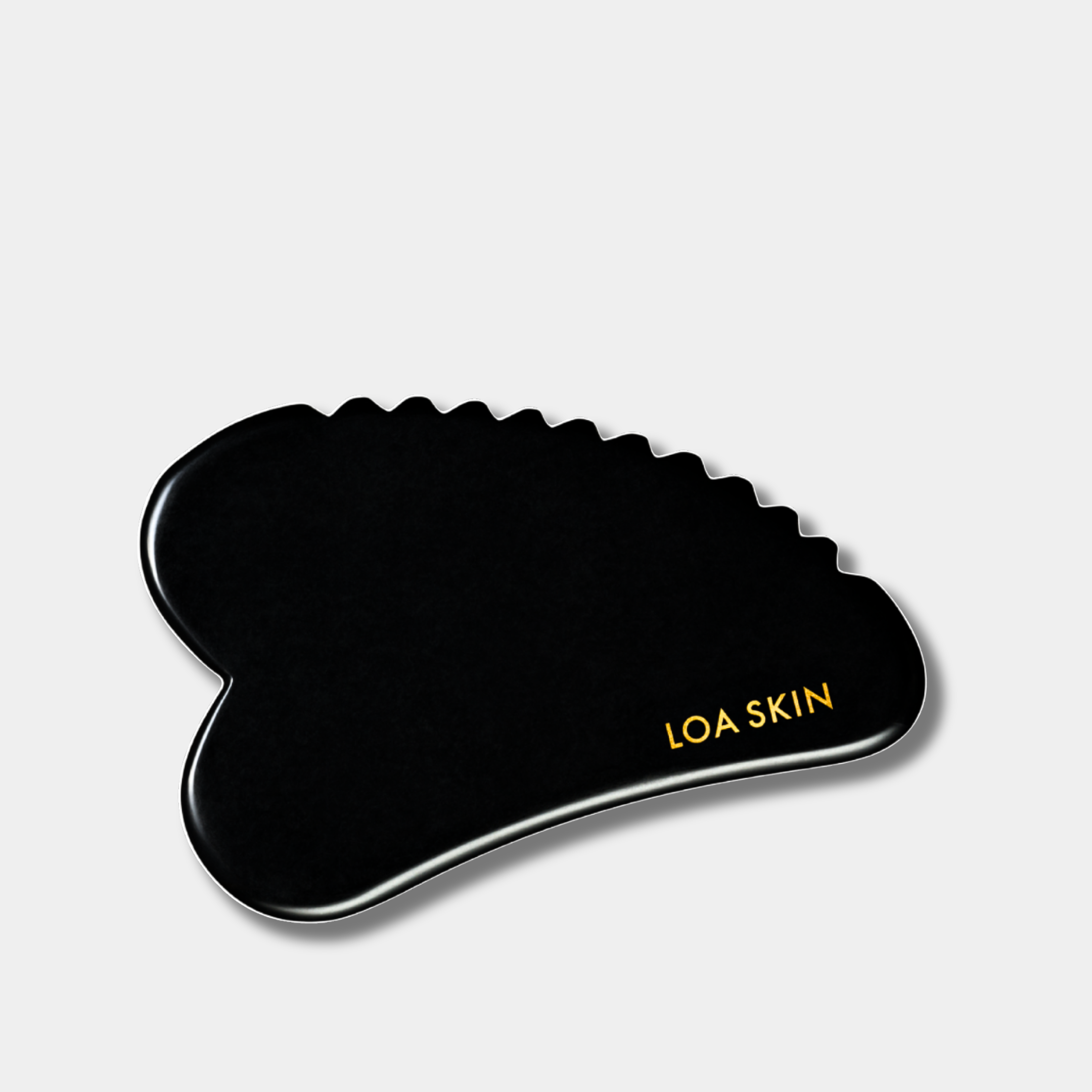
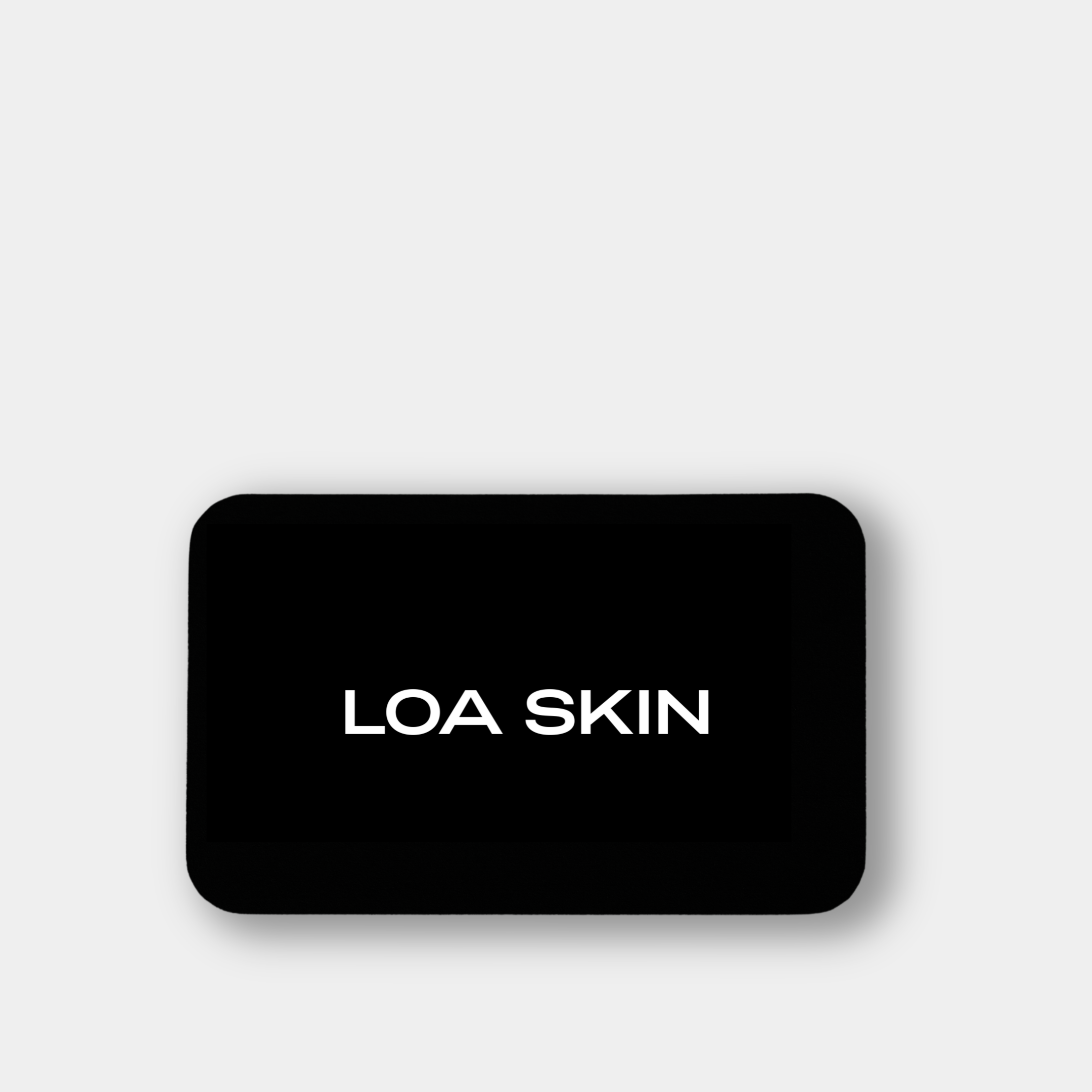
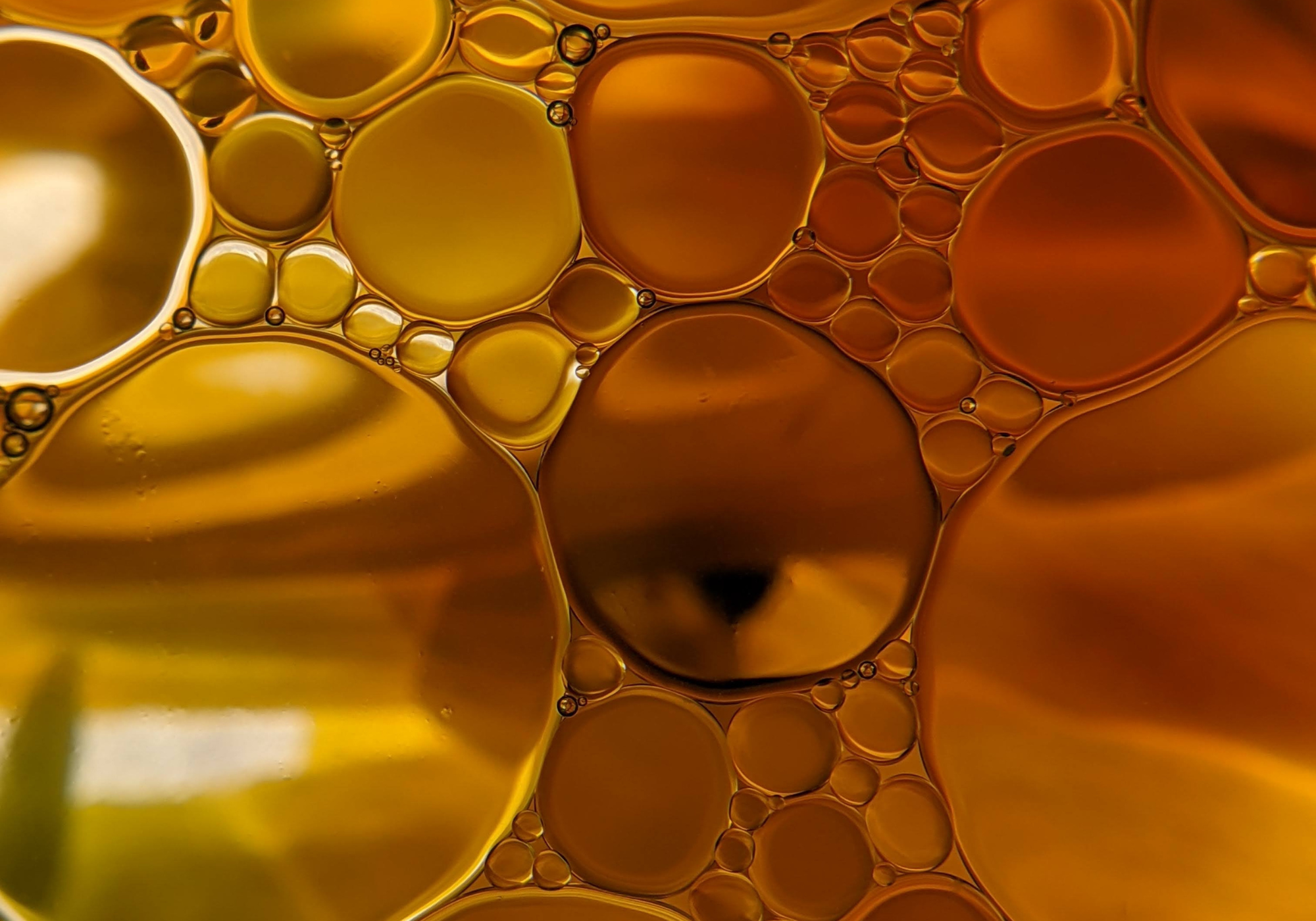
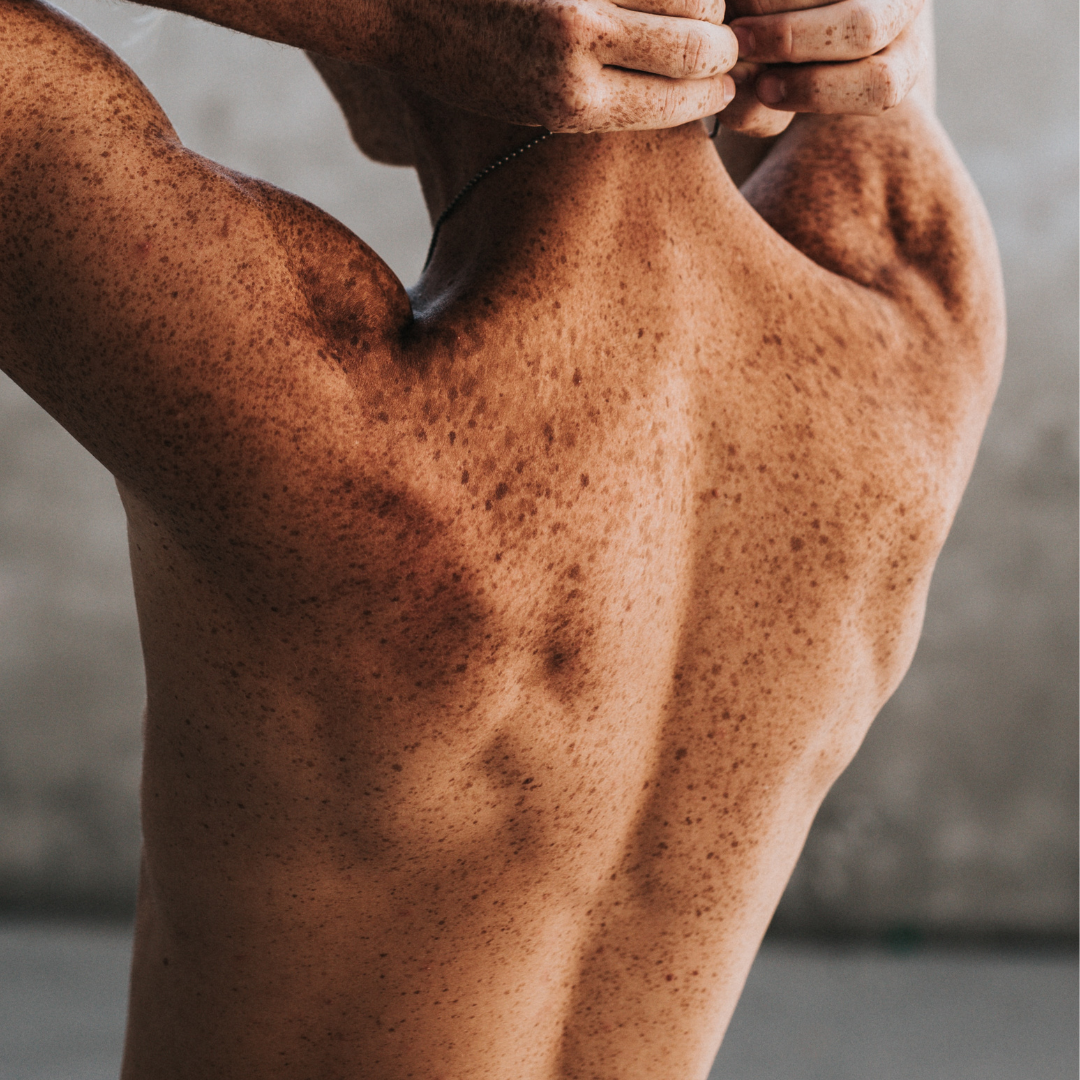
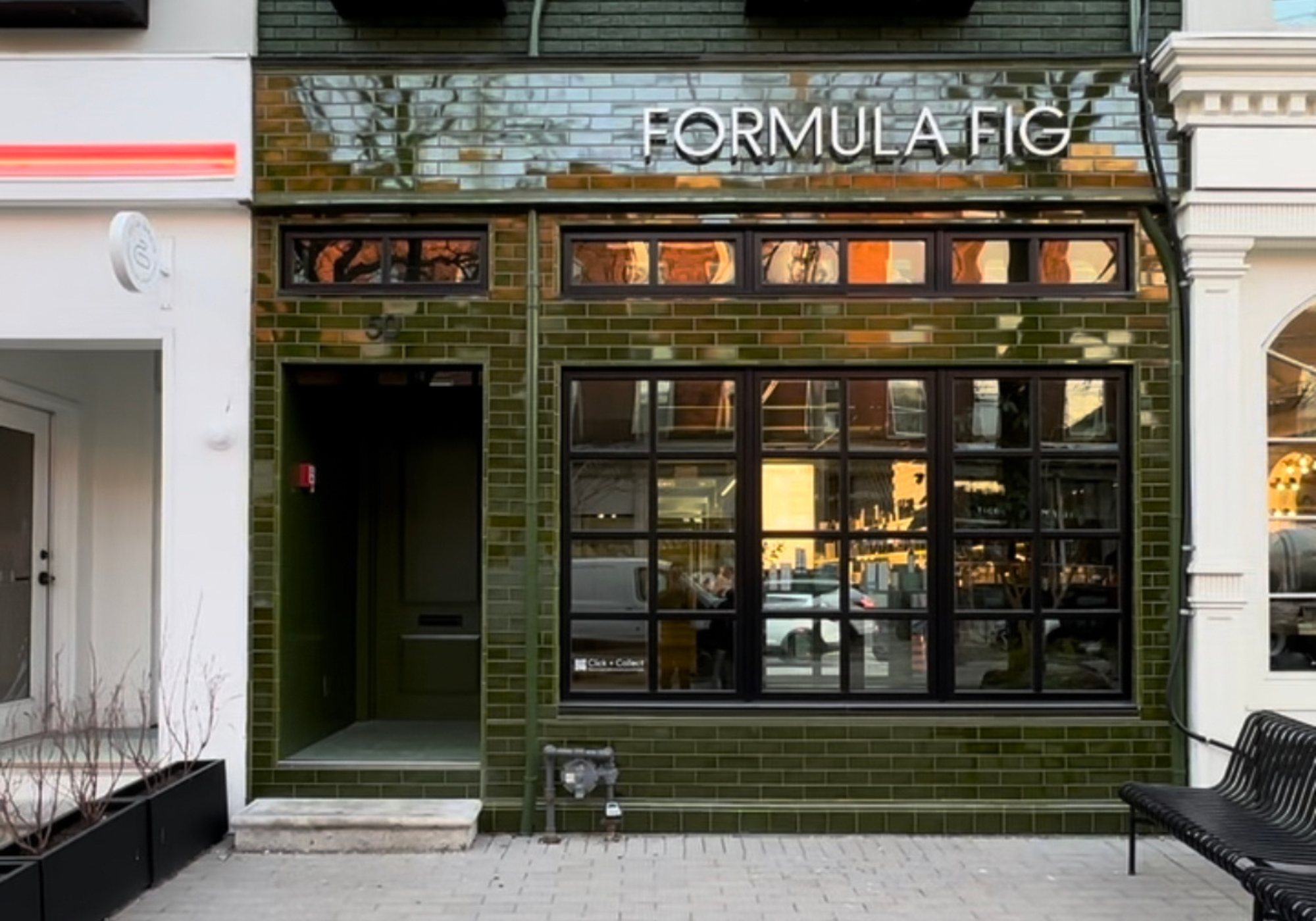
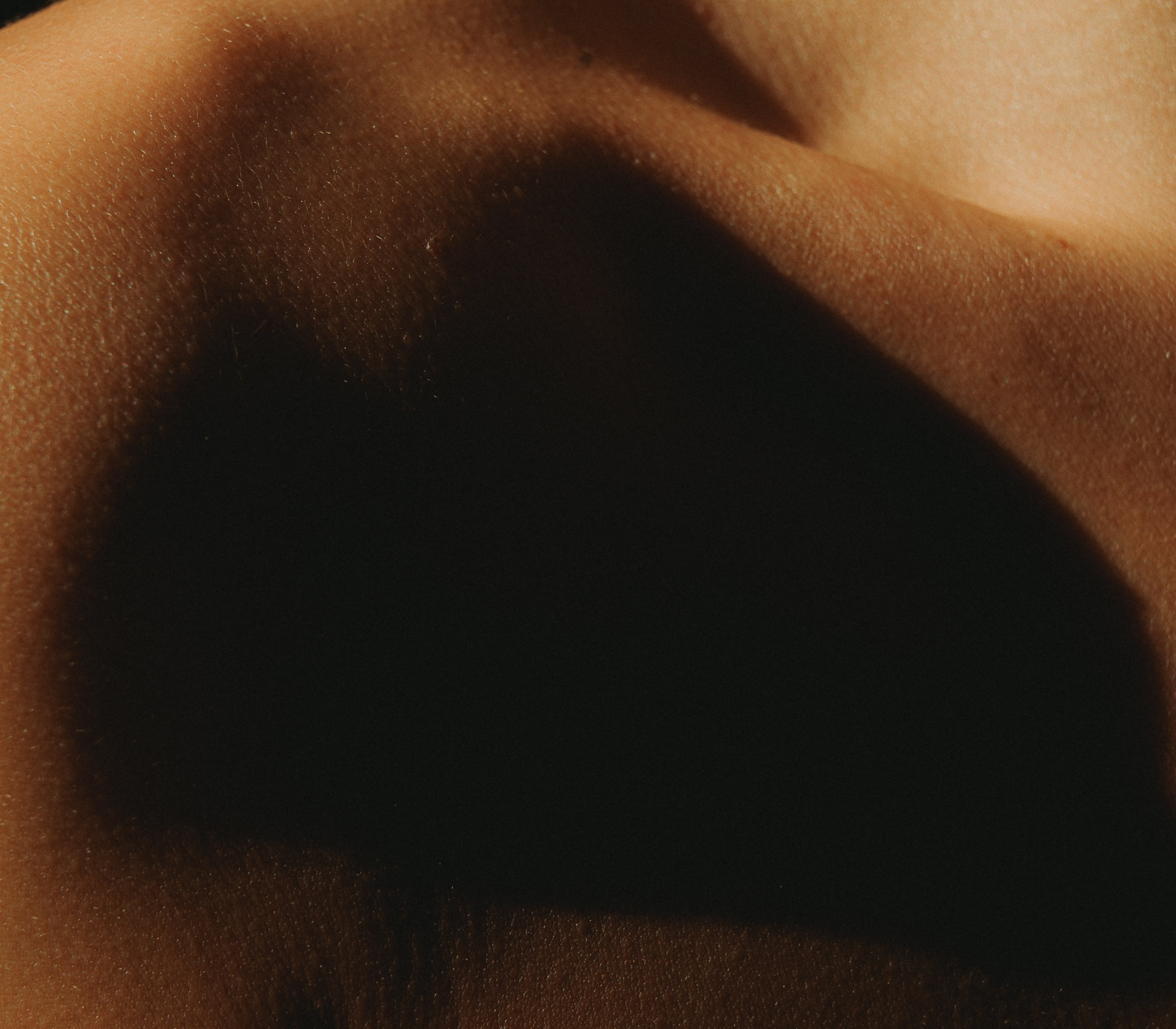
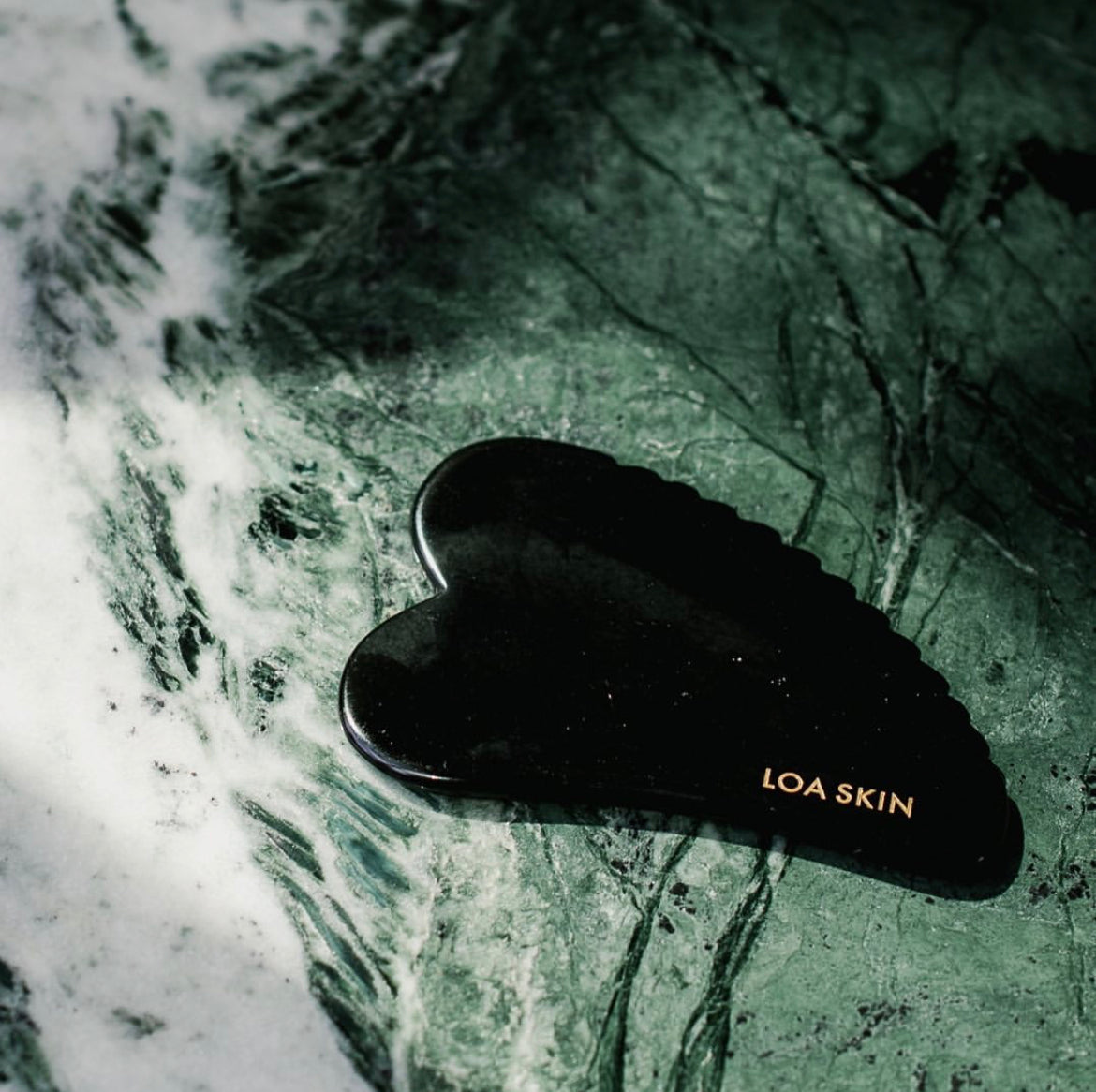
Leave a comment
This site is protected by reCAPTCHA and the Google Privacy Policy and Terms of Service apply.